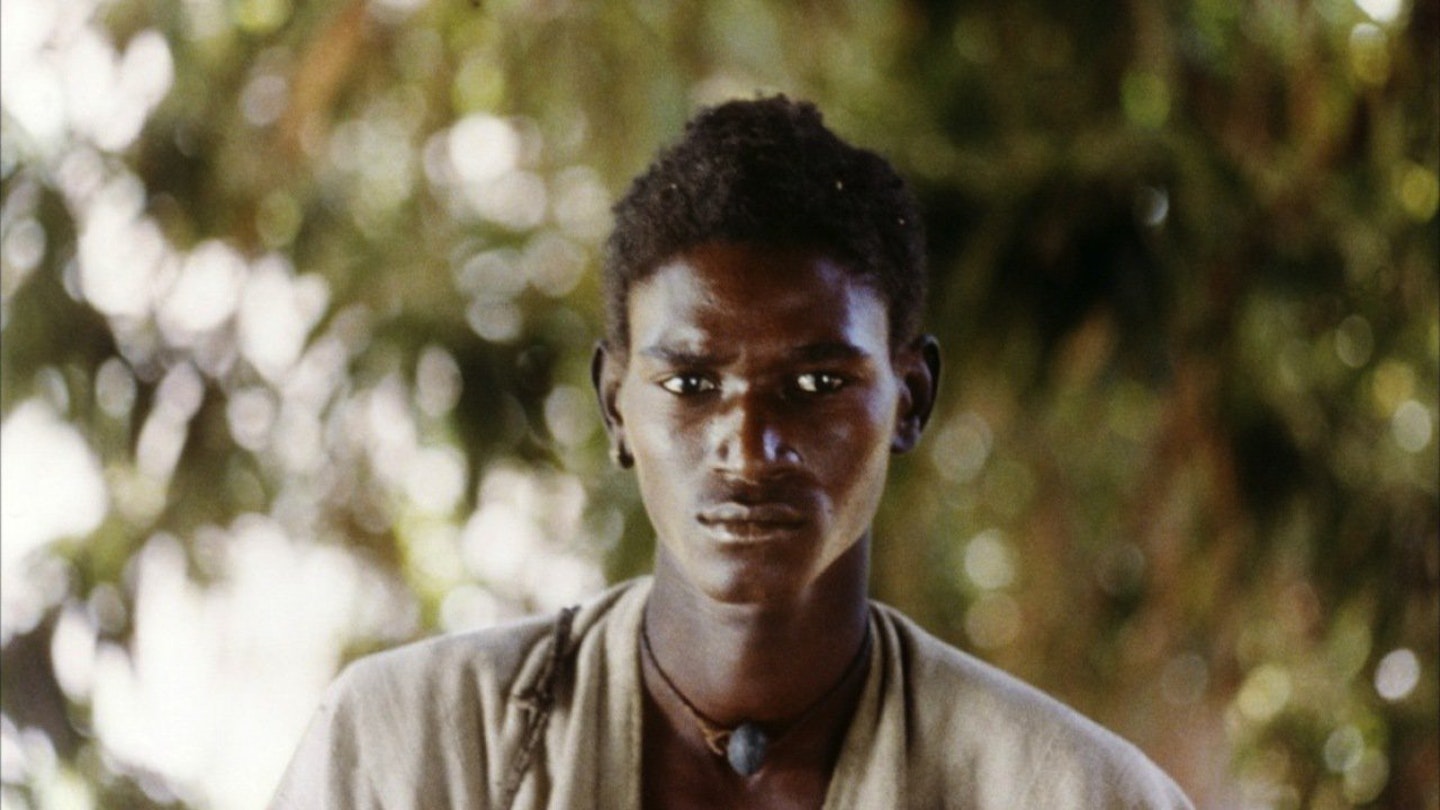Set some time in the indeterminate past and derived from the Bambara people's ancient oral tradition, this is a highly stylised retelling of the classic Peulh or father-son feud story. Although strewn with such local concepts as Kôré (the speed of the human spirit) and Koma (the incarnation of celestial wisdom), it's also very much an Oedipal odyssey, in which a son abandoned at birth by his father is imperilled by the older man when he realises that the youth's maturing prowess will inevitably come to threaten his status. Reinforcing this sexuo-psychological link is the fact that Niankoro's doting mother urges the boy to consult his uncle about the best way of eliminating the patriarchal threat.
Yet, despite this universality, Cissé, who had trained in Moscow, was keen to break with the ethnographic approach that most European film-makers took to African subjects. Thus, the film makes few concessions to non-African audiences, with either its enigmatic storytelling style or the symbolism of the characters and their situations.
Yet, notwithstanding its difficulties, there is clearly more imagination at work in this visionary study of light, fire, tradition, ritual, love and the landscape than any number of Hollywood fantasy features - which is all the more remarkable considering that Cissé struggled along on a meagre budget that was further strained by the death of the actor playing Soma and the need for retakes.
It's also more optimistic than many African films of the same period, as its celebration of the cycle of life and death suggests that we will all return to the brilliant innocence of our birth when we are reborn at the end of our days - just as the dawn restores the power removed from the Earth at sunset.
This last impression doubtlessly inspired one critic to dub Yeelen Africa's 2001' - although the same review also recognised its Edenic idealism and compared it to science-fiction filmed by Louis Lumière'. Its reputation as `the most beautifully photographed African film ever' was further bolstered by the Special Jury Prize at Cannes. But African cinema has all-too-rarely attempted anything as ambitious since.
